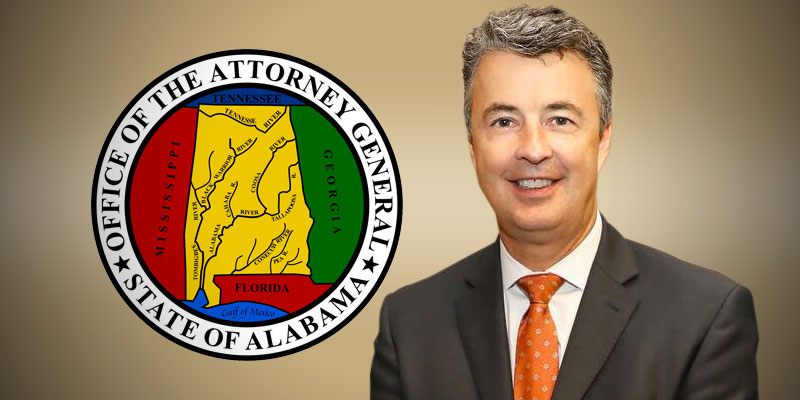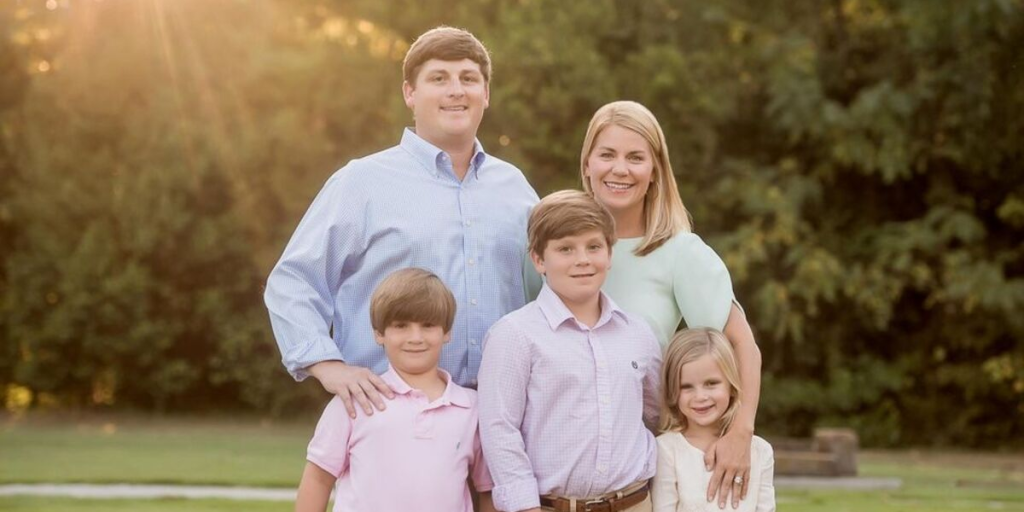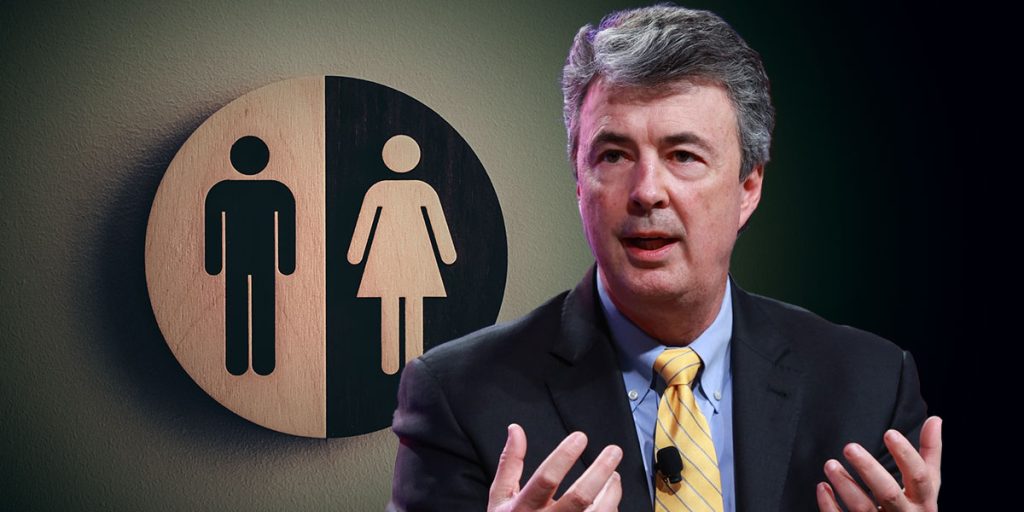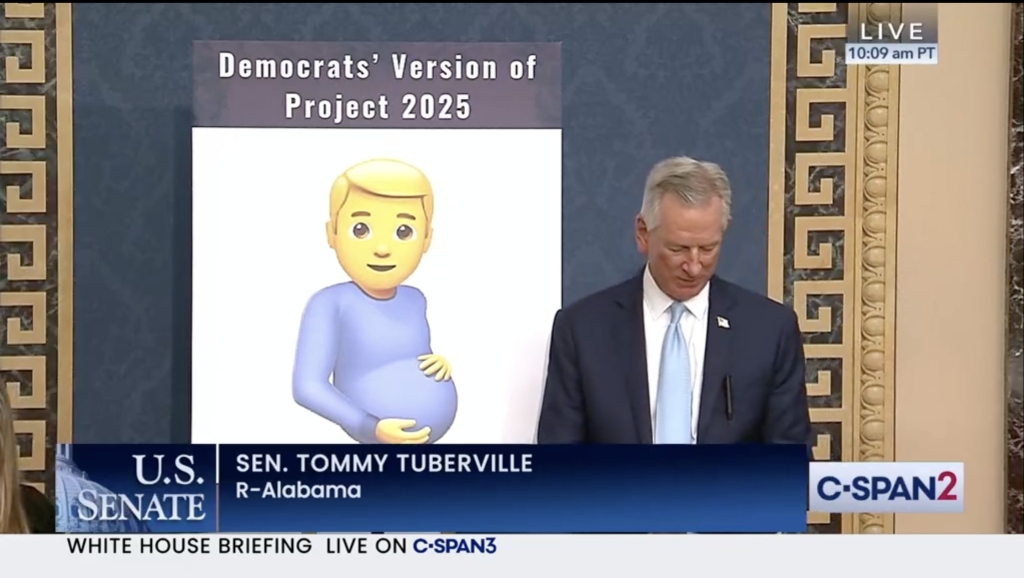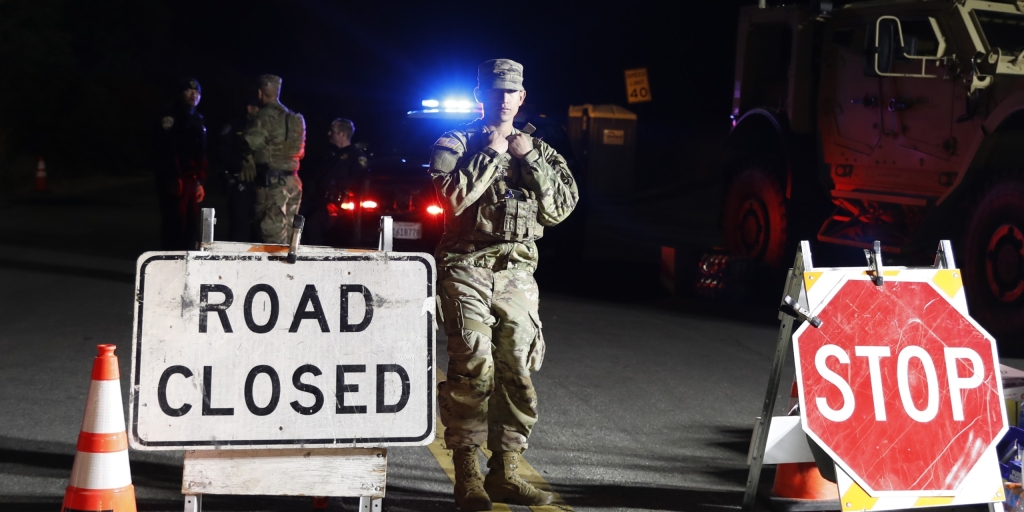Earlier this year, Gov. Kay Ivey signed the “Alabama Vulnerable Child Protection Act,” which banned the prescription of puberty inhibitors to minors and also barred gender-altering procedures from being performed on minors.
A federal judge later issued an injunction that effectively blocked the law from being implemented while it was being challenged in court.
Tuesday, Alabama Attorney General Steve Marshall filed a court brief arguing that the recent Supreme Court decision that overturned Roe v. Wade should also apply to the Alabama law banning the transgender treatments.
In Dobbs v. Jackson Women’s Health Org., the majority argued that abortion was not protected under the 14th Amendment because it was not “deeply rooted” in the nation’s history.
Citing Dobbs, Marshall argues in the brief that “no one—adult or child—has a right to transitioning treatments that is deeply rooted in our Nation’s history and tradition.”
The attorney general then explains that this gave the state of Alabama the right to ban the treatments.
“The State can thus regulate or prohibit those interventions for children, even if an adult wants the drugs for his child,” says Marshall. “Just as the parental relationship does not unlock a Due Process right allowing parents to obtain medical marijuana or abortions for their children, neither does it unlock a right to transitioning treatments.”
Marshall advises that the federal court was wrong in blocking the Yellowhammer State from implementing this law.
“The district court thus erred when it found in the Due Process Clause a fundamental right for parents ‘to treat their children with transitioning medications,” the court document continues. “Neither the district court nor Plaintiffs even attempted to show how such a right is deeply rooted in our nation’s history and traditions, which it obviously is not.”
He then concludes that court precedent clearly shows the state’s right in enforcing this legislation.
“Indeed, courts are in one accord that there is no personal substantive-due-process right for anyone—adult or child—to obtain medical treatments deemed dangerous or experimental by the government, so there is no reason to think that parents have a right to obtain those same treatments for their children,” Marshall states. “And even if some novel right to obtain transitioning treatments existed, the Act passes any level of scrutiny: It serves the compelling interest of protecting children from unproven, life- altering medical interventions, and no other approach would offer children in Alabama adequate protection.”
Yaffee is a contributing writer to Yellowhammer News and hosts “The Yaffee Program” Weekdays 9-11am on WVNN. You can follow him on Twitter @Yaffee




